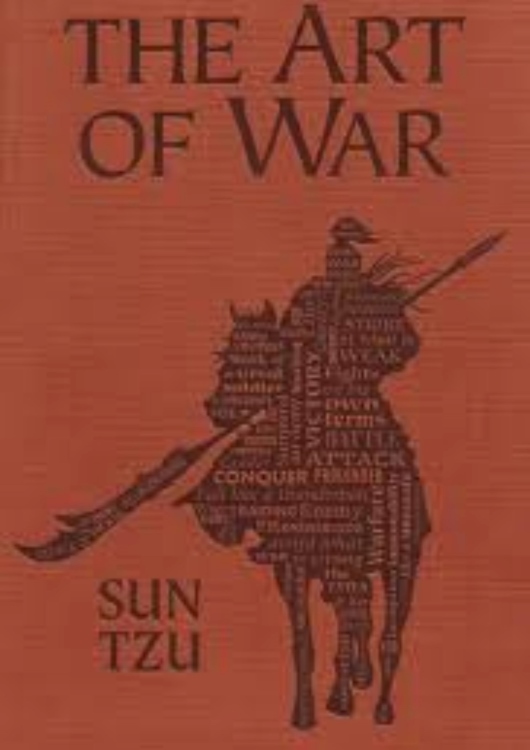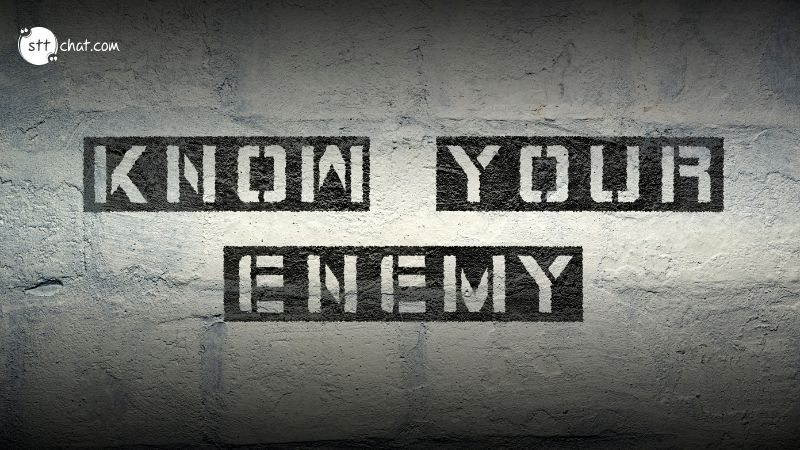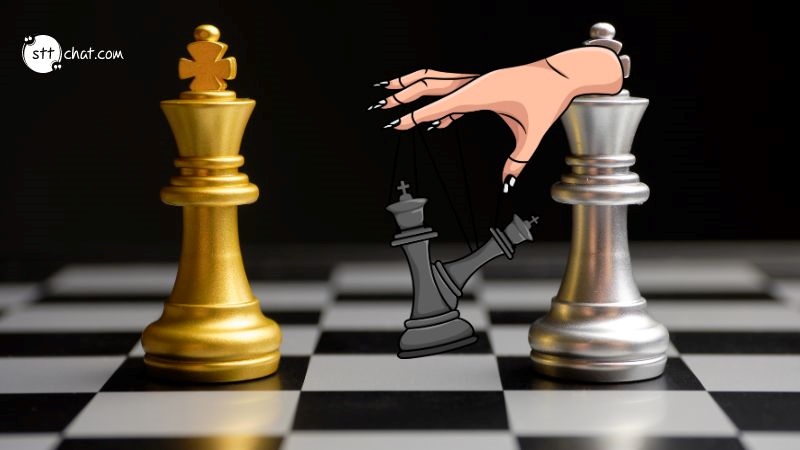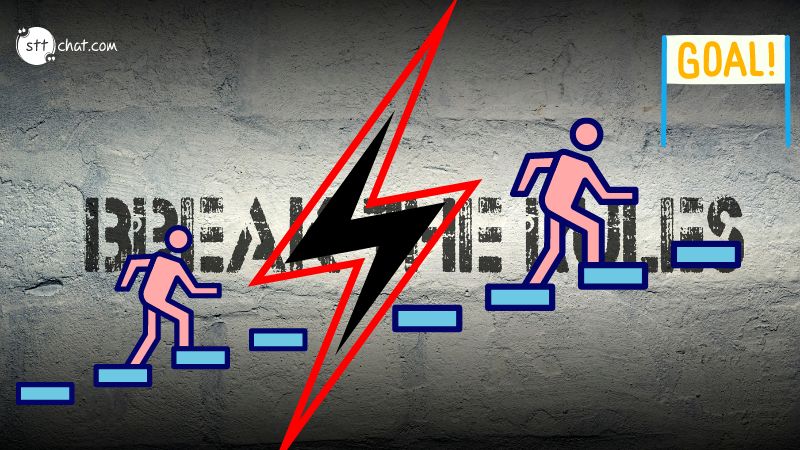Sun Tzu's quote, "If you know the enemy and know yourself, you need not fear the result of a hundred battles," encapsulates a profound understanding of strategy and self-awareness that transcends its original military context.If you know the enemy and know yourself, you need not fear the result of a hundred battles
This quote, from Sun Tzu's seminal work The Art of War, has been widely interpreted and applied across various domains, including business, sports, and personal development. This analysis will delve into the multi-faceted layers of this quote, exploring its historical background, its implications for strategic planning, and its relevance in contemporary contexts.
1. Overview of the literary classic: The Art of War
The Art of War, written by the ancient Chinese military strategist Sun Tzu, is a timeless treatise on warfare and strategy. Compiled during the 5th century BC, this text has influenced both Eastern and Western military thinking, business tactics, and beyond. Sun Tzu emphasized the importance of strategic preparation, flexibility, and psychological insight, which are all reflected in the quote. His philosophy underscores that victory in conflict is not merely a matter of brute force but rather the result of meticulous planning and understanding.

This literary classic has experienced different version - Source: Internet
2. Owner for all battle when knowing enemy
2.1.Must know your enemy
The first part of the quote, "If you know the enemy," stresses the importance of intelligence and reconnaissance. Understanding the enemy's strengths, weaknesses, intentions, and strategies is crucial in any form of conflict. In a military context, this could mean gathering information about the enemy’s troop movements, supply lines, and morale. This knowledge allows a commander to anticipate and counteract the enemy’s actions effectively.

Indentify your enemy in order to create a plan for battle - Source: Internet
In the business world, knowing the enemy translates to understanding market competitors. Companies conduct market research and competitive analysis to identify their competitors' strategies, product offerings, and market positioning. By doing so, they can develop strategies to differentiate themselves, capitalize on competitors' weaknesses, and identify opportunities for growth. This principle can also be applied to personal challenges, where understanding the nature of obstacles and adversaries can lead to more effective problem-solving.
2.2.Do not forget to know your position

You will win if you know yourself and know how to play in a battle
3.Contemporary Relevance
Sun Tzu’s wisdom remains profoundly relevant in today’s rapidly changing world. In the realm of sports, for instance, coaches and athletes study their opponents’ tactics and performance while also rigorously analyzing their own skills and strategies. This dual knowledge enables them to develop game plans that maximize their chances of success.
In personal development, the quote encourages a balanced approach to growth and challenge. Understanding one's own strengths and weaknesses is essential for setting realistic and achievable goals. Simultaneously, understanding external challenges and adversities helps in crafting effective responses. This balanced awareness fosters resilience and strategic thinking, which are invaluable in navigating life’s complexities.
Conclusion
Sun Tzu’s quote, "If you know the enemy and know yourself, you need not fear the result of a hundred battles," is a timeless principle of strategic wisdom. Its applicability extends far beyond the battlefield, offering valuable insights for business strategy, sports, personal development, and various other fields. By emphasizing the importance of both external intelligence and self-awareness, Sun Tzu provides a blueprint for achieving success in any competitive endeavor. This dual knowledge fosters confidence, strategic flexibility, and resilience, enabling individuals and organizations to navigate challenges and seize opportunities with assurance and clarity.






